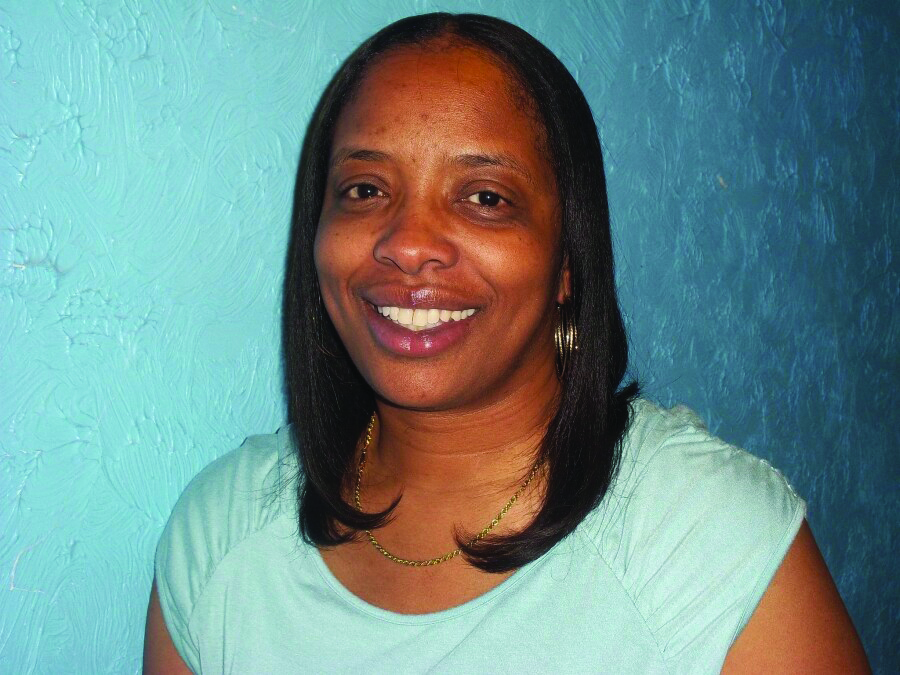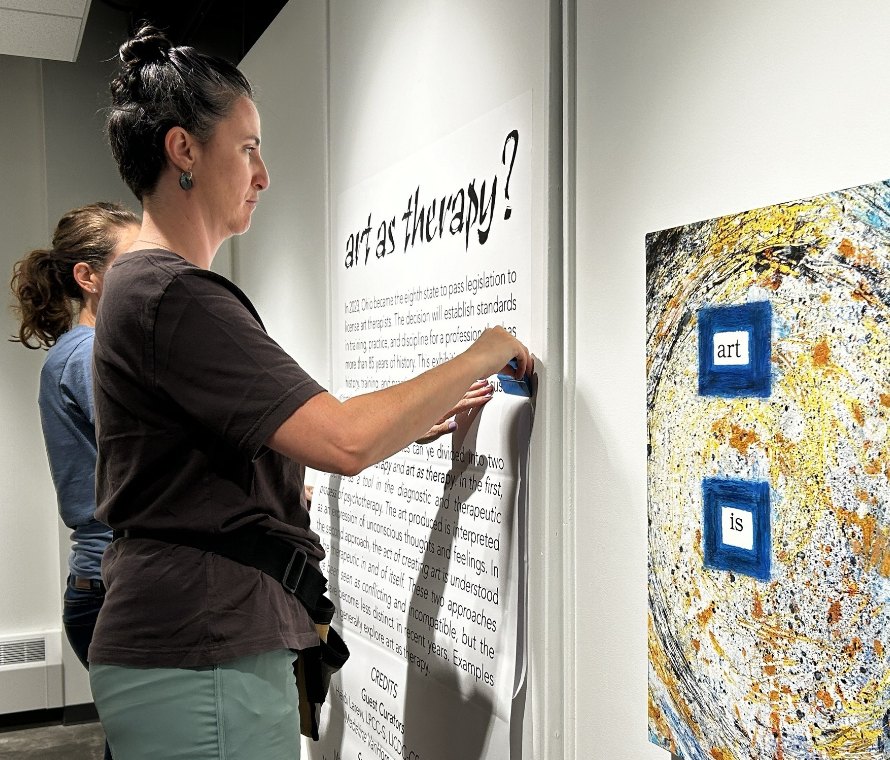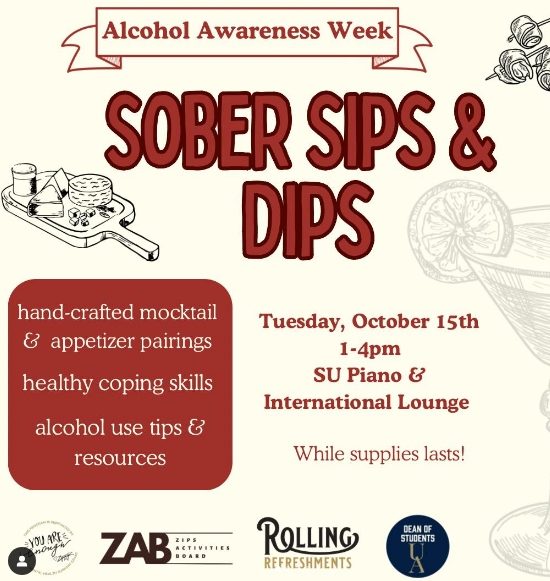Family on social media
October 22, 2013
“I don’t always have a cool status update; but when I do, an older relative usually ruins it with a comment.”
This quote was from one of the “most interesting man in the world” memes, with the guy from the Dos Equis commercials. People “reblogged” it on Tumblr and shared it on Pinterest, all with the caption, “This is so true.”
Family members joining social media sites like Facebook and Twitter has long been a topic of conversation among kids. The question that arises is always whether or not one should become Facebook friends with his or her parents, grandparents, aunts and uncles.
I know a lot of people who won’t add their family members as friends. The reason usually given is that Facebook is supposed to be a place for them to post pictures and statuses about their lives and weekends without having to worry about their parents or family commenting or criticizing them about it.
However, this is a dumb reason. This reason implies that Facebook is a private site where one’s privacy is respected and where the photos can’t be accessed by anyone else. This, of course, is wrong.
Once you’re on Facebook, you’re there for good. Every picture posted and every status is on the Internet forever. It’s really impossible to keep things completely hidden online. It can be deleted, but it never disappears.
I am a Facebook friend with all four of my parents (steps included), two grandparents, four aunts, three uncles and plenty of cousins. I don’t find it bad at all. I love keeping my family informed and I know that they find it enjoyable to see what’s happening in my life. I also think it’s helpful to be friends with parents.
Whether we like it or not, future employers will look at our Facebook profiles. Seeing compromising photos — underage drinking, hard partying, etc. — may not necessarily guarantee that someone won’t get a job, but it will definitely give the employer a different vision of the person being hired.
If family members won’t approve of certain photos or information being on the Internet, then it’s likely that future employers won’t either. Having parents around to tell you when things are getting a little too questionable can actually help one learn how to be more responsible online. Sometimes, people need that.
However, some anxiety over “friending” family members does make sense. Sometimes, their comments on a status or a photo can be a little annoying or embarrassing. But that’s also the family’s job: to embarrass the kids. If it’s a real problem, one can always block the family member from seeing certain posts, while still allowing them access to his or her life.
But in the long run, it may help to have family members around on Facebook. Practically, it’ll help to have someone who has more experience in the post-teenage and college years to guide and advise when Facebook posts become too outrageous.
And when it gets down to it, it gives family members the opportunity to keep up with their child, grandchild, niece or nephew. We live in a world with a massive disconnection with one another. Facebook and other social media sites allow people to stay somewhat in contact with loved ones, even if they are far apart from each other.
So give your family members a chance on Facebook. It may not be as bad as you think.











